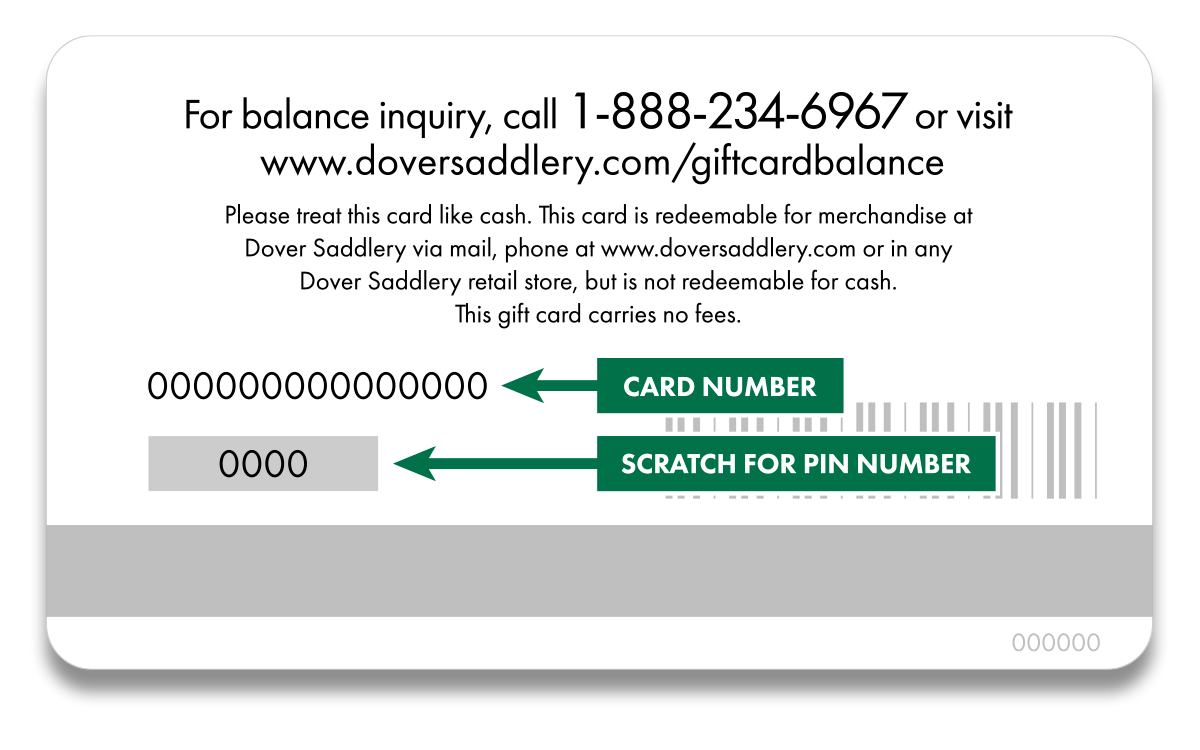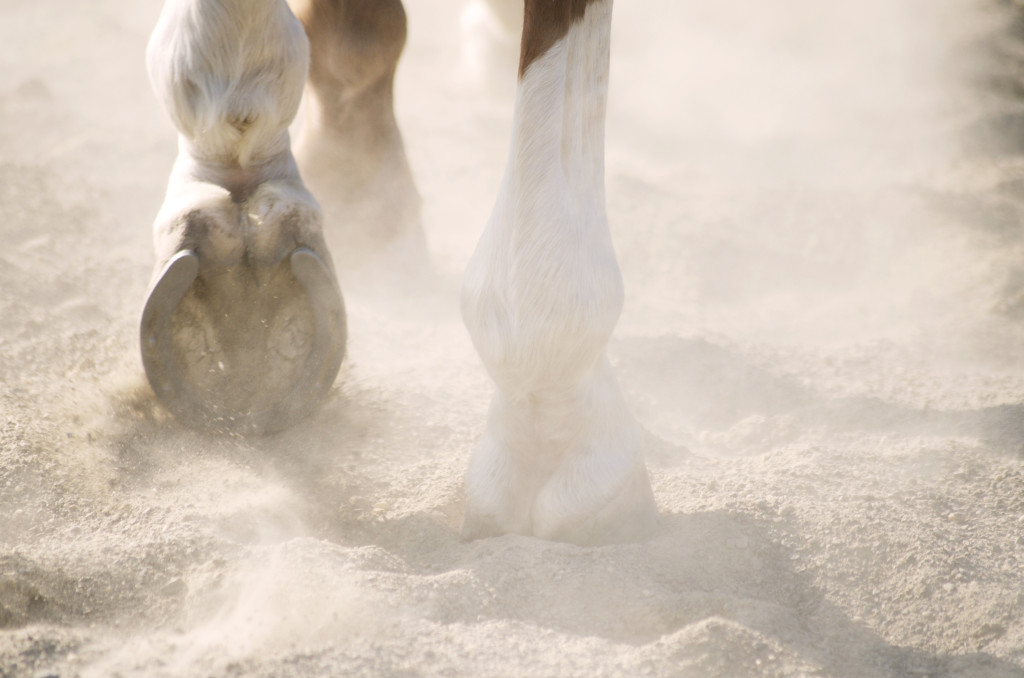 Kentucky Equine Research discusses what factors into hoof growth and how you can aid your horse’s hooves in growing strong and healthy.
Kentucky Equine Research discusses what factors into hoof growth and how you can aid your horse’s hooves in growing strong and healthy.
Hoof growth in horses is determined by several factors, including genetics, age, breed, exercise, metabolic rate, illness, temperature, environmental moisture, shoeing and trimming. Building strong hooves can take anywhere from six to twelve months. If a horse has dull and brittle hooves, a reliable way to improve the quality of its hooves would be through balanced nutrition. To achieve this, a total diet reconfiguration may be in order. Continue reading →
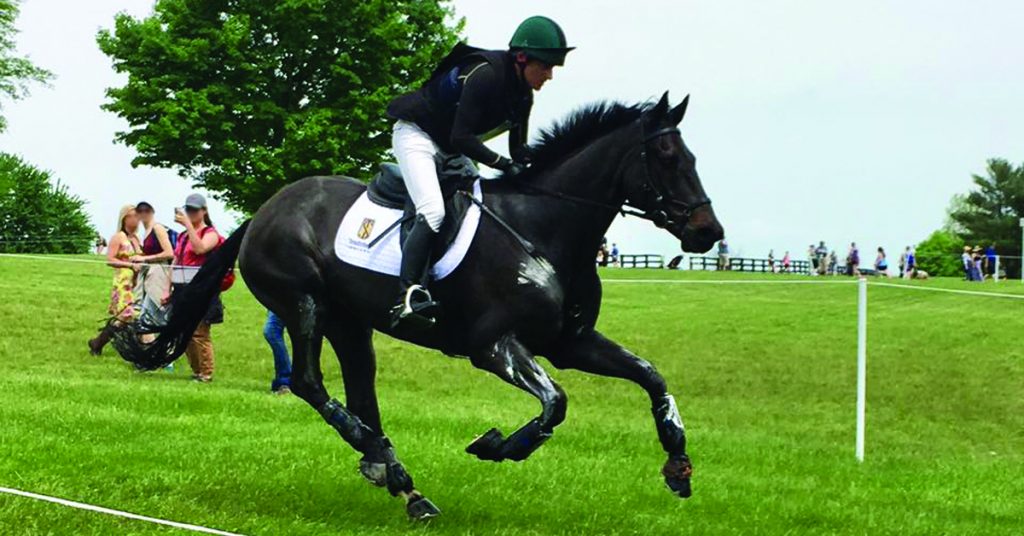
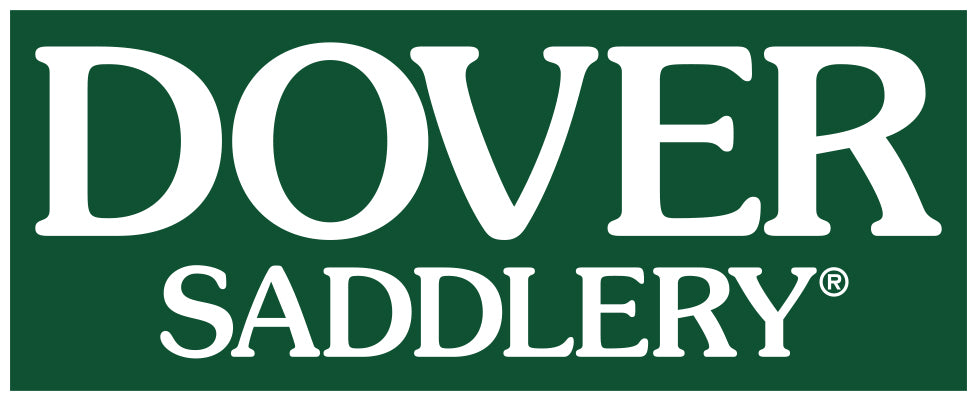

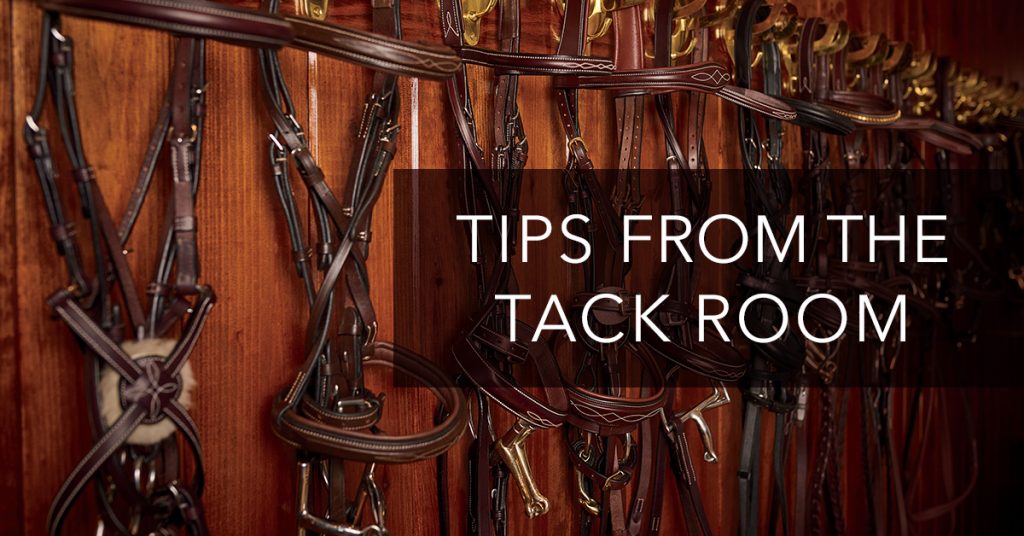 Spray Away Helmet Smell
Spray Away Helmet Smell 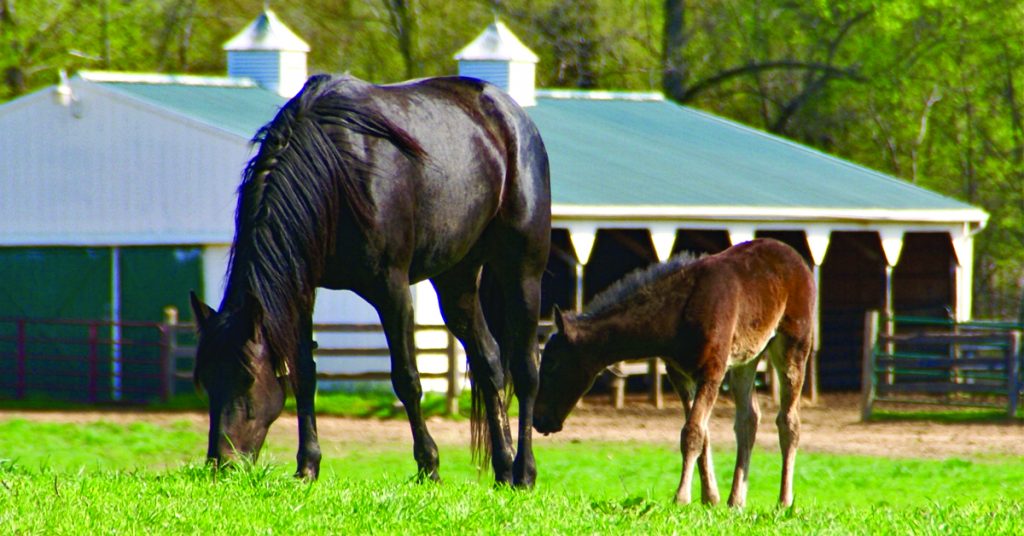 A house fly zips from a pile of manure straight to your horse’s eye—or the rim of your water bottle—with its feet coated in germs. A biting stable fly gives your ankle a searing sting, and you understand why your horse stomps his legs so often. Take control of the fly situation at your barn using these proven methods and a few essential items.
A house fly zips from a pile of manure straight to your horse’s eye—or the rim of your water bottle—with its feet coated in germs. A biting stable fly gives your ankle a searing sting, and you understand why your horse stomps his legs so often. Take control of the fly situation at your barn using these proven methods and a few essential items. 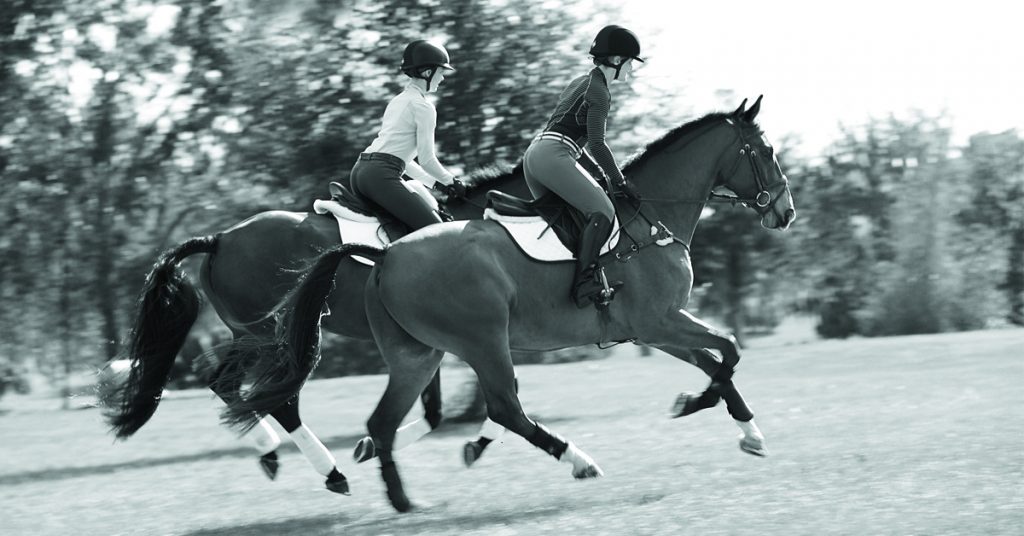 Do you know how to choose a shirt that keeps you cool rather than one that makes you feel like a wet sponge? A wardrobe of summer shirts is a must for any rider, but not all tops are equal. Choosing one with the right fabric properties can make a difference in your comfort level. Let us uncover the secrets to fabric terms that can help you make good choices.
Do you know how to choose a shirt that keeps you cool rather than one that makes you feel like a wet sponge? A wardrobe of summer shirts is a must for any rider, but not all tops are equal. Choosing one with the right fabric properties can make a difference in your comfort level. Let us uncover the secrets to fabric terms that can help you make good choices.  Slippery farm tool with an uncomfortable hold? Get a grip!
Slippery farm tool with an uncomfortable hold? Get a grip! 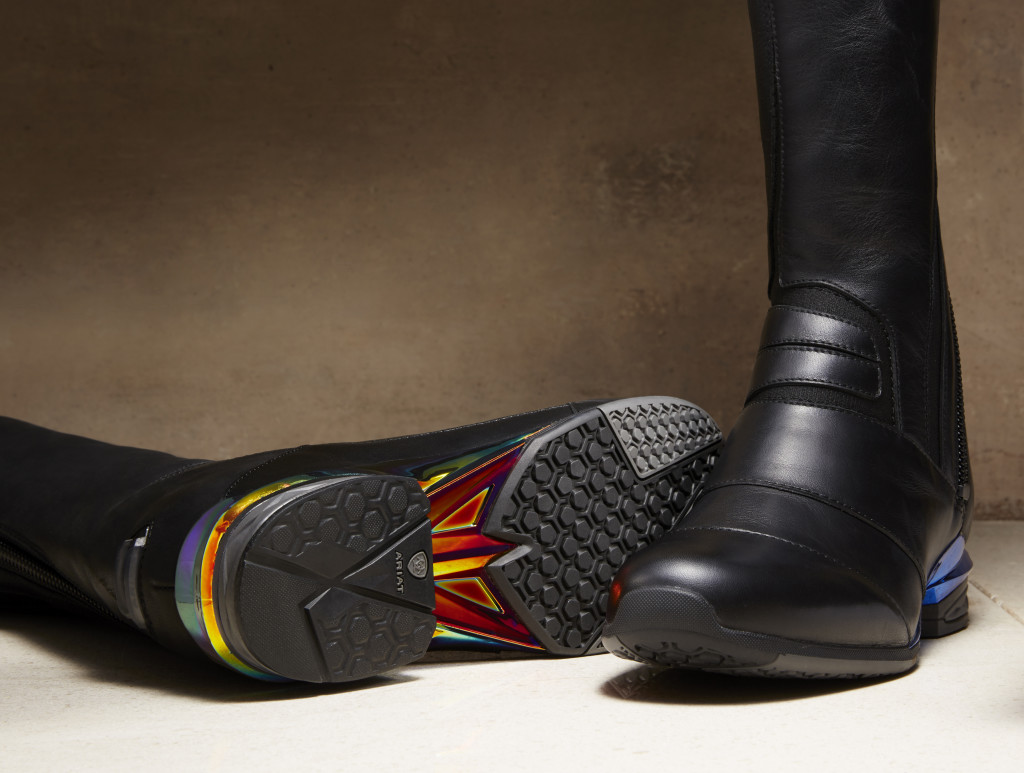 Take a look at what Ariat has to say about their new Vortex tall boots.
Take a look at what Ariat has to say about their new Vortex tall boots.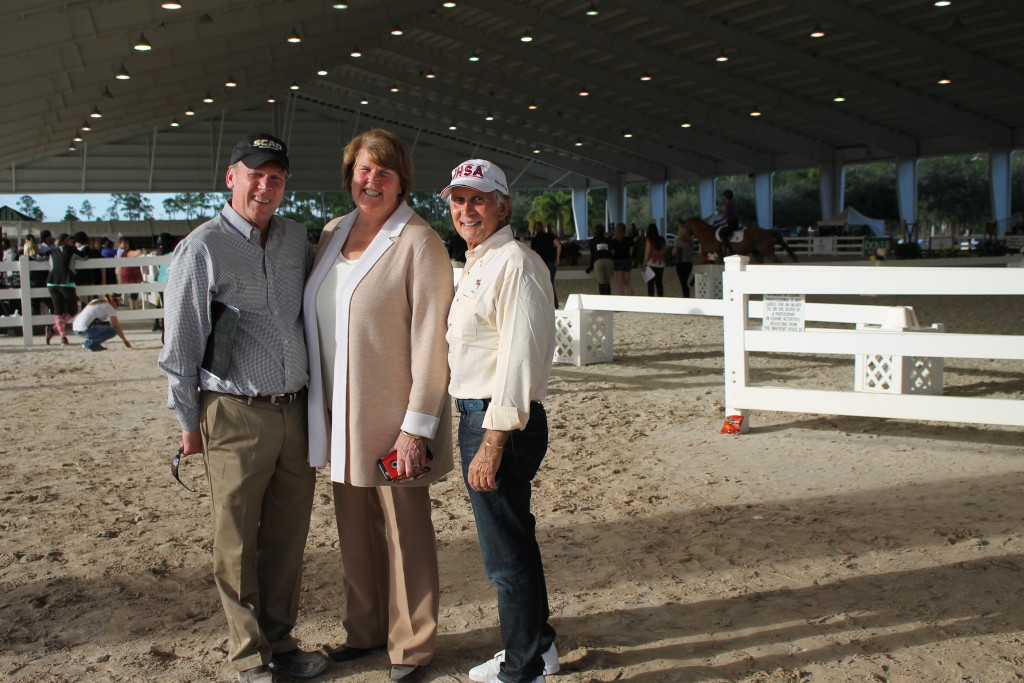
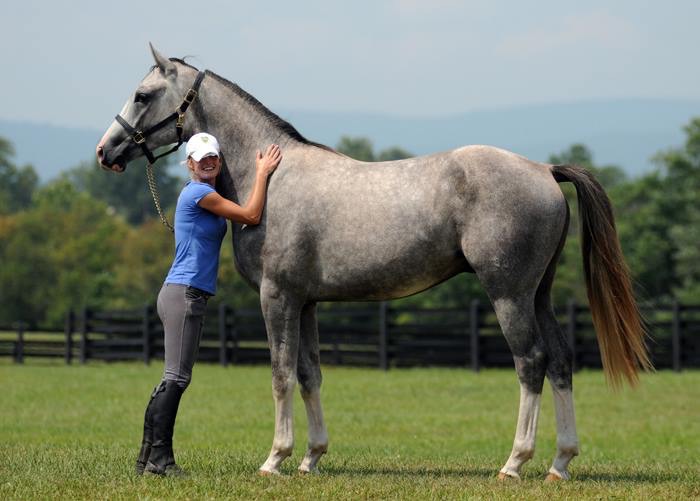 Love our new holiday catalog this year? Curious about the gorgeous grey horse posing in many of the shots? You are not alone. Many of our loyal fans have reached out to us wanting to know more about him. That grey beauty is Starfighter, a four-year old Hanoverian by Stolzenberg out of Caliku. We sat down with his owner, Gail Dady, and got the full scoop on our latest Dover model.
Love our new holiday catalog this year? Curious about the gorgeous grey horse posing in many of the shots? You are not alone. Many of our loyal fans have reached out to us wanting to know more about him. That grey beauty is Starfighter, a four-year old Hanoverian by Stolzenberg out of Caliku. We sat down with his owner, Gail Dady, and got the full scoop on our latest Dover model.  Kentucky Equine Research discusses what factors into hoof growth and how you can aid your horse’s hooves in growing strong and healthy.
Kentucky Equine Research discusses what factors into hoof growth and how you can aid your horse’s hooves in growing strong and healthy.
